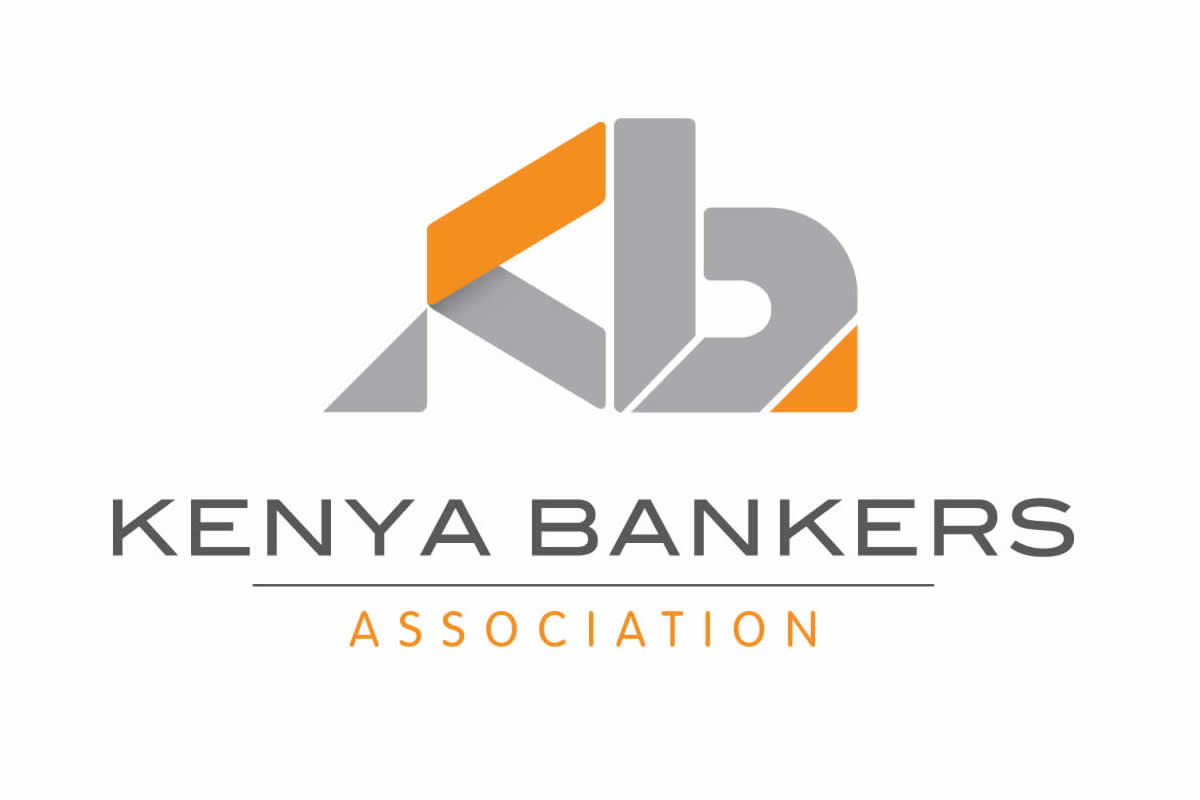Nairobi, September 1st 2017 – The Kenya Bankers Association’s Centre for Research on Financial Markets and Policy has published six research papers focusing on credit allocation on the back of active government domestic borrowing. These papers are published at a time when the rate of growth of credit to the private sector has been on a sustained downward trend while public debt, part of which targeting infrastructure investment, has been on the rise.
The Kenyan financial system is relatively well developed and diversified. The banking industry in particular is considered dynamic as per the regional standards. These papers therefore are meant to contribute towards the debate on whether credit allocation amongst banks, the various economic sectors and between government and private sector is aligned to the broader economic growth and development aspirations.
“The authors have found that domestic debt or government borrowing has a significant and negative effect on private sector investment and household consumption,” said Jared Osoro, KBA Director of Research and Policy. “It is clear from the research that domestic debt crowds out local actors such as companies and small and medium-sized enterprises in terms of financial capital allocation. The policy implication is that fiscal prudence, as well as, proper utilisation of funds with an investment bias (versus funding recurring expenditure) is necessary. In the interest rates controlled environment that we are under, this crowding out effect is amplified mainly through the ‘quantity channel’ with available domestic credit being redirected away from viable private sector ventures to funding government expenditure”
The six papers, published under the Kenya Bankers Association Working Paper Series, were first presented at the 5th KBA Annual Banking Research Conference last year. Subsequent to their presentation at the conference, the papers have been reviewed on both their technical adequacy and policy relevance.
According to Jared Osoro, these papers provide a good platform on which a candid engagement on whether credit distribution amongst various economic agents merits sustenance or requires a rethink if it amounts to costly trade-offs where some segments benefit at the expense of the economy.
“It is the strategic endeavour of the banking industry to be at the centre of the economy’s suitable growth. The KBA Research Centre will continue to initiate debates that explore various aspects of this endeavour. Credit allocation is certainly one such debate,” said Mr. Osoro.
The six papers recently published include:
- “The Influence of Bank Lending to Government on Private Sector Credit in Kenya: A Fiscal Deficit Specification” by Steve Makambi, Reuben Muhindi and Gillian Nduku of Strathmore University
- “Price or Quantity Channel: The Relationship between Government Domestic from Commercial Banks and Private Sector Credit in Kenya” by Camila Chebet and Mwangi Kiemo of Central Bank of Kenya
- “Effects of Government Borrowing on Private Investments in Kenya” by Caspah Lidiema of United Nations
- “Policy Innovations and Sectoral Credit Expansion in Kenya” by Samuel Tiriongo and Abdul Farida of Central Bank of Kenya
- “Sectoral Risk and Return: Their Implications on Commercial Banks’ Sectoral Credit Expansion in Kenya” by Ferdinand Othieno and Caroline Kariuki of Strathmore University
- “The Interbank Market: Picking the Distress Signal from the Treasury Bill Market” by Jared Osoro and David Muriithi of Kenya Banker Association
The publication of the six papers brings the number of papers in the KBA Working Paper Series to 22. All the 22 papers are available online at http://www.kba.co.ke/working_paper.php for public access.
KBA will be hosting the 6th Annual Banking Research Conference on September 28th & 29th 2017. Eight more papers will be presented by various authors covering the theme of financial inclusion.
KBA CEO Habil Olaka noted that KBA, through the Centre, acts as a platform for intellectual engagement and dialogue between financial market experts, the banking sector and the policy makers in Kenya. It therefore contributes to an informed discussion that influences critical financial market debates and policies.
“It is my belief that the body of research work arising from the KBA Research Centre is one of the ways in which the banking industry is readying towards further enhancing its role in the economy’s progress”, Mr. Olaka said.
About KBA Centre for Research
The KBA Centre for Research on Financial Markets and Policy was established by the Kenya Bankers Association in 2012 to offer an array of research, commentary, and dialogue regarding critical policy matters that impact on financial markets in Kenya. The KBA Center for Research on Financial Markets and Policy sponsors’ original research, provides thoughtful commentary, and hosts dialogues and conferences involving scholars and practitioners on key financial market issues.
Media Contacts:
Mr. Jared Osoro, Director of Research and Policy, Kenya Bankers Association
Phone: +254-20-2221704/2224014, Email: josoro@kba.co.ke



